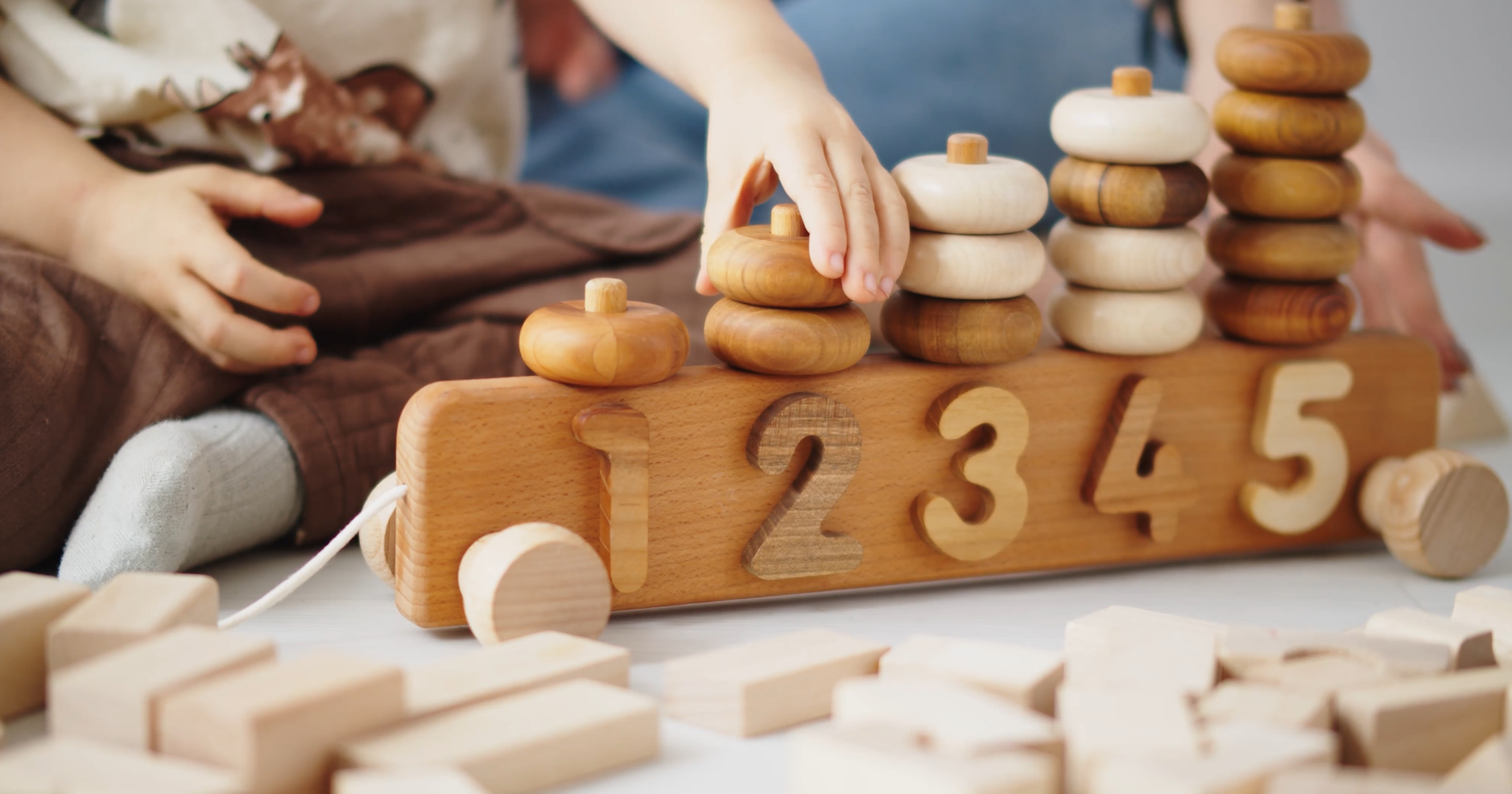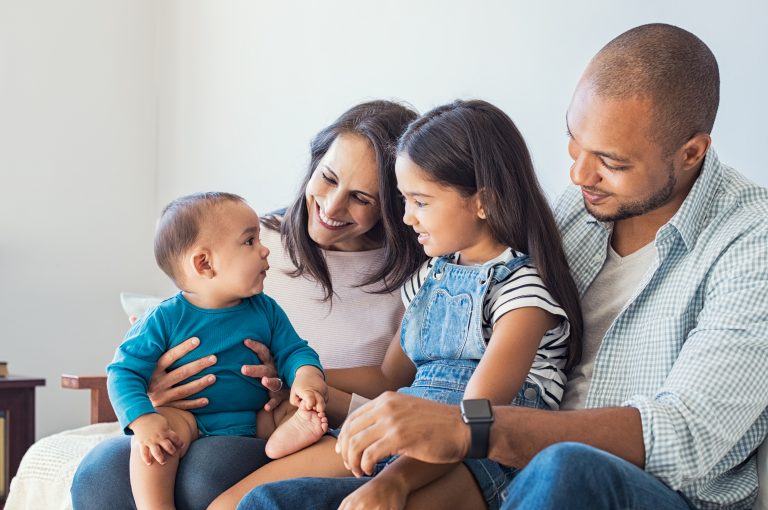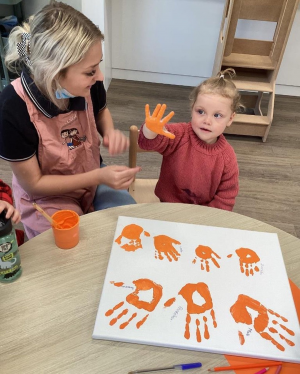How We Support Your Child's Development
Children learn best when they have positive relationships with parents and carers that are based on trust, respect and a sense of security.
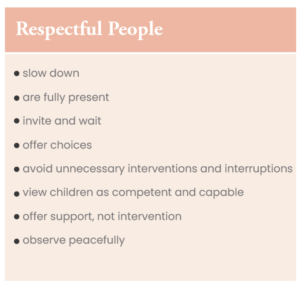
Respect is for people, places and things. Our teaching teams are trained to understand the benefits of respectful practices and upon employment we induct our staff on the essential components of each element.
Ascolta team members are fully present when learning alongside your child. We encourage staff to ‘slow down,’ to be fully present and mindful. We work hard on building respectful relationships and role model the importance of being respectful to people, places and things.
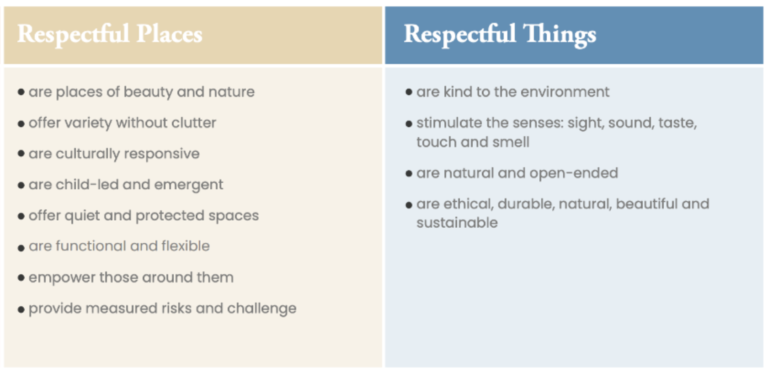
We Embody The Power of Play
We believe teaching should be led by the child’s curiosity.
The speed of which we learn is never faster than in early stages of development, with children learning through play from newborn to 5 years of age. Through play, children foster a deeper learning and critical skills as they practice, experiment, and discover.
Each of our rooms have different play-based learning areas such as dress ups that encourage problem solving and communication skills, climbing equipment to develop balance and coordination, arts and craft for social-emotional and sensory skills plus sensory trays, and puzzles – all well thought out to ignite your child’s readiness to learn.
Through Intuitively Teaching, Accepting, and Talking Through Children’s Emotions and Feelings.
Children look up to the adults around them for guidance on how to understand and regulate their emotions. Young children don’t always have the communication skills to tell us how they’re feeling and will often express themselves through their behaviour. In these moments our carers pay attention to what could be bothering your child and help them work through what they’re feeling by actively listening, allowing them to finish and work through their sentences and offering solutions to their needs.
To learn more about our team and the Reggio Emilia approach to education feel free to contact the centre.


